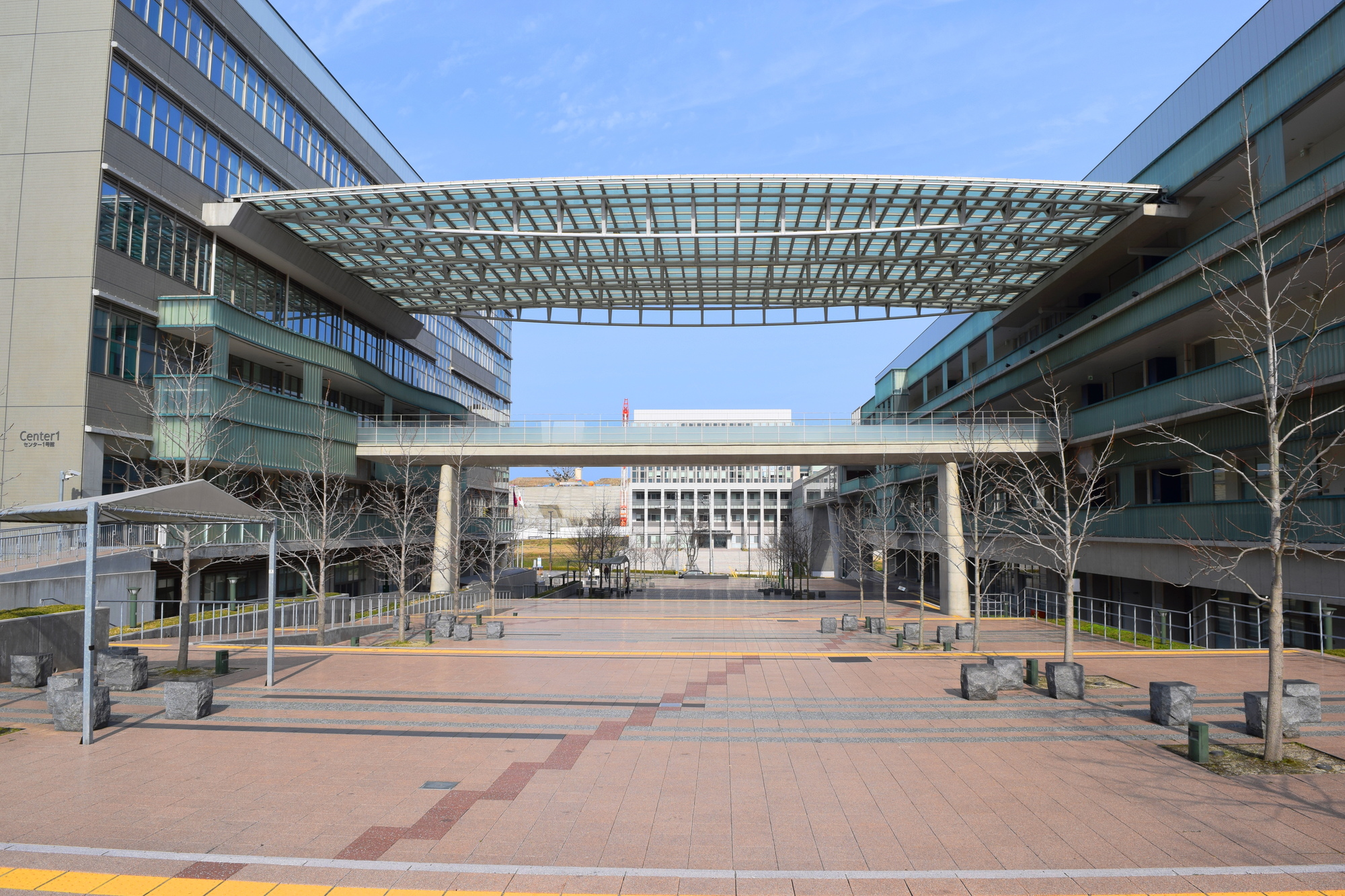Research groups such as Kyushu University have analyzed in detail for the first time a small piece of meteorite that is said to have fallen during the Edo period.This meteorite was previously thought to be the "Hachioji meteorite" that fell into the center of what is now Hachioji city 200 years ago (1817).
Many records of this Hachioji meteorite are left in historical materials such as diaries at that time, and it was a meteorite rain (meteorite shower) in which many fragments including those with a length of about 10 m fell within a range of about 1 km. I know.
Some of the meteorites were delivered to the Edo Shogunate Kanjo-bugyō, but all of them were dissipated thereafter. In the 1950s, a small piece of meteorite weighing about 0.1 g was found in a paper packet with the words "Meteorite Noji" in the classic book of the Tomimon family in Kyoto.There were also papers on Hachioji meteorite and Sone meteorite (a meteorite that fell to Kyoto prefecture in 1866, owned by Kyoto prefecture), but it was difficult to determine which meteorite it was.
This time, the research group analyzed with the latest technology that was also used to analyze the particles brought back by Hayabusa.From a small piece of meteorite (116.1 mg), 20.0 mg was divided to prepare a polished flakes, and the structure was observed with an optical microscope and the mineral composition was analyzed with an electron probe microanalyzer.In addition, another 0.7 mg was used for analysis by an X-ray diffractometer, and 5.4 mg was used for noble gas analysis.For comparison, a similar analysis was performed on the Sone meteorite.
As a result of microstructural observation and examination of mineral composition, the analyzed meteorite fragments were found to be a type called "H5 ordinary chondrite", but no difference from Sone meteorite could be confirmed.
It is said that many Hachioji meteorites have poured down, and it is possible that some of the meteorites still remain in old houses in Hachioji city.The research team will call on the general public in the future to proceed with the discovery and analysis of the Hachioji meteorite.

